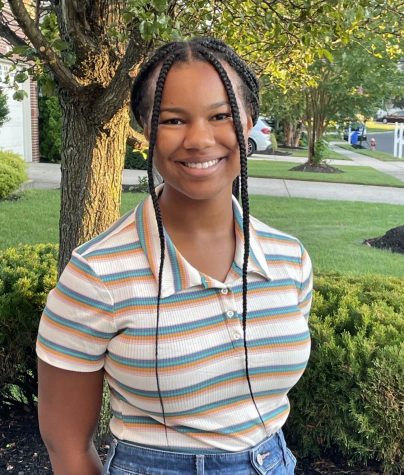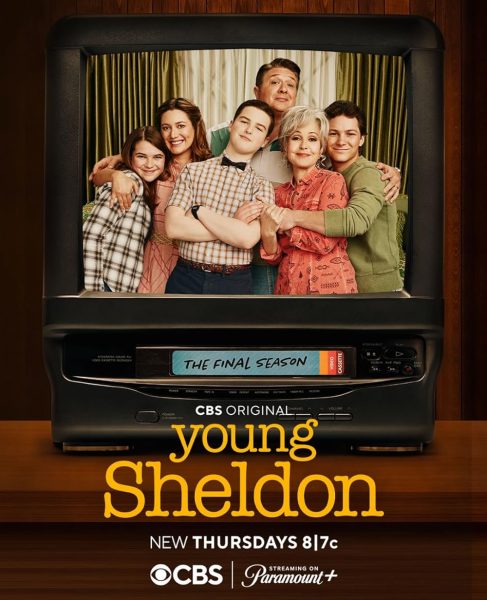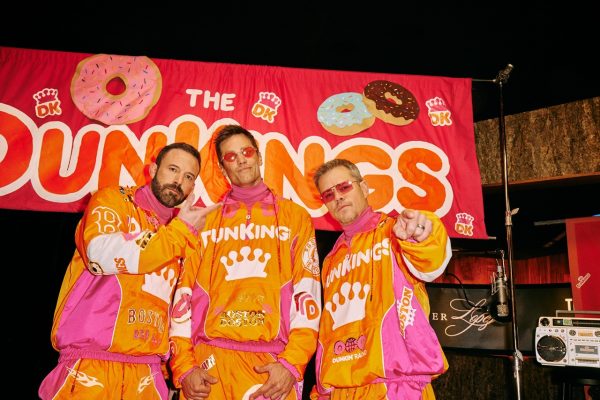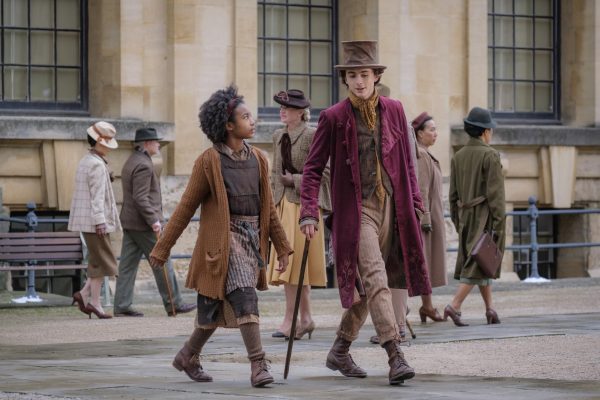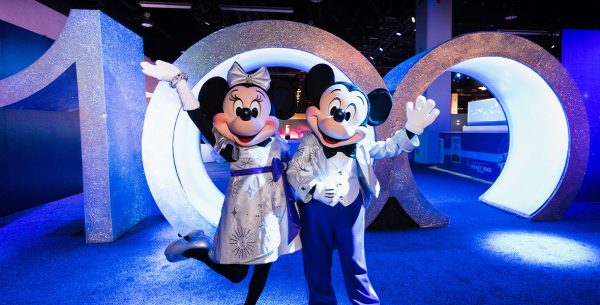“Judas and the Black Messiah” exposes one of Black history’s greatest betrayals
Director Shaka King’s story of Fred Hampton is a story that needs to be told
Daniel Kaluuya as Chairman Fred Hampton
March 5, 2021
Black History Month may have ended, but your passion for social justice and interest in Black history does not have to. HBO Max’s “Judas and the Black Messiah,” which you can watch on HBO Max through March 14, is about Fred Hampton, the chairman of the Illinois chapter of the Black Panther Party, and William O’Neal, an FBI informant, who helped the FBI assassinate Hampton.
Part of what makes the movie so good is that it stars a cast full of talented actors. Daniel Kaluuya, who starred in “Get Out,” plays Fred Hampton and truly brings to light how important Hampton was when he was alive. His speech scenes in particular will bring chills, as he emphasizes his passion for the people and encourages violence against the famously-bigoted Chicago police force in 1968. Lakeith Stanfield plays William O’Neal and does a great job of showcasing O’Neal’s emotional struggle; while he supposed to be our protagonist, he is definitely overshadowed by Kaluuya’s striking performance, which does call O’Neal’s morals into question. Dominique Fishback, who starred in “Project Power,” plays supporting character/Hampton’s lover Deborah Johnson, and really captures what it is like (including how horrifying it can be) to be with someone as important as Hampton. Fishback worked closely with Akua Njeri, formally known as Deborah Johnson, to accurately portray her character.
Overall, the movie does an excellent job of being historically accurate. The director Shaka King went to great lengths to ensure the film’s accuracy. He had the son of Fred Hampton, Fred Hampton Jr., and Njeri as consultants during the movie. Njeri made sure that Fishback accurately portrayed her emotions, especially during the assassination scene. They also showed all the good Hampton and the Black Panthers did for the Black community, like setting up free medical clinics and breakfast programs for children. However, the film does fictionalize some things like one of the other rival Black power groups in the movie, the Crowns.
Another interesting part of this movie is the title. At first glance “Judas and the Black Messiah” looks like it has nothing to do with the movie when in reality, it has everything to do with it. The name “Judas” comes from the Biblical individual Judas Iscariot, who was one of Jesus’s 12 apostles who was a thief and would later betray Jesus. O’Neal is a lot like Judas since he falsely became a disciple of Hampton, and he was a thief who would later betray the Chairman. For those who believe, Jesus is the Messiah who sacrificed himself for the betterment of humanity; it can also be said that Hampton was like a Black messiah as he sacrificed his life for the betterment of African Americans’ lives.
While the movie does contain a great deal of violence, which might make it difficult to watch, I would definitely recommend you watch this movie. The storytelling is so powerful and captivating that you truly get a sense of what it was like and how intense it was living during that time. Kaluuya is truly great as Hampton, from his riveting speeches, yelling “I am a revolutionary!” to his followers, to more subtle scenes in which he explains his politics to Johnson. Hampton’s story is not as well known as some of the other figures in the Civil Rights movement, but he was just as important — and his story is a fitting one to keep in mind this year.


